Search Results for: Bears
Skip to resultsCan’t find what you’re looking for? Visit our FAQ page.
6,903 results for: Bears
-
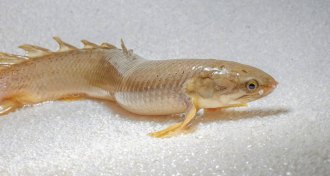 Animals
AnimalsA fish reared out of water walks better
The normally aquatic fish Senegal bichir raised on land suggests how ancient species might have transitioned into terrestrial ones.
By Susan Milius -
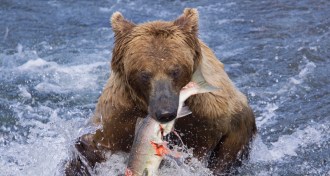 Life
LifeGrizzly bears master healthy obesity
Tuned insulin signals explain how grizzly bears can fatten up for hibernation in the winter without developing diabetes.
By Meghan Rosen -
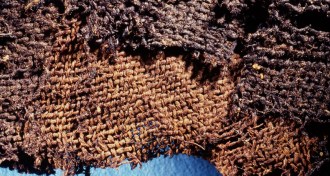 Anthropology
AnthropologyOrigins of Egyptian mummy making may predate pyramids
Preservative mixture for mummy wrapping found on linens that covered the dead as early as 6,300 years ago.
By Bruce Bower -
 Psychology
PsychologyBilingual homes may give babies a learning lift
Hearing two languages during the first six months of life linked to an early mental advantage.
By Bruce Bower -
 Genetics
GeneticsAncient famine-fighting genes can’t explain obesity
Scientists question the long-standing notion that adaptation — specifically the evolution of genes that encourage humans to hold on to fat so they can survive times of famine — has driven the obesity crisis.
By Laura Beil -
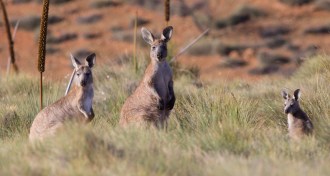 Animals
AnimalsAboriginal lizard hunting boosts kangaroo numbers
An aboriginal technique for hunting lizards with fire in Western Australia feeds wallaroo populations.
-
 Environment
EnvironmentCarbon capture and storage finally approaching debut
Carbon capture and storage offers a way to rein in global carbon emissions. But financial and regulatory obstacles, as well as public fears, are delaying the technology’s long-awaited implementation.
By Beth Mole -
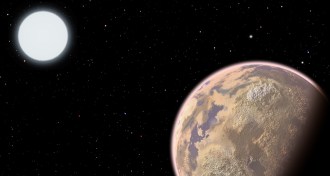 Astronomy
AstronomyWhen looking for aliens, try finding their pollution
Future telescopes may discover civilized aliens by detecting the industrial pollutants called fluorinated gases in exoplanet atmospheres.
-
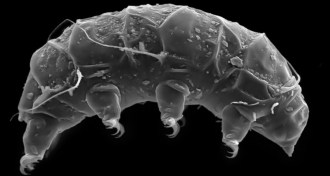 Animals
AnimalsNew water bear species found in Antarctica
A tiny creature called a tardigrade could shed light on how animals reached the far southern continent.
-
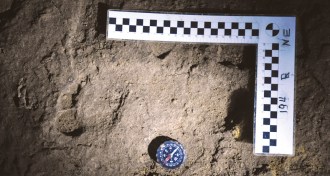 Anthropology
AnthropologyRomanian cave holds some of the oldest human footprints
A group of Homo sapiens left footprints about 36,500 years ago, not 15,000 as scientists had thought.
By Bruce Bower -
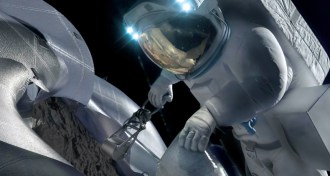 Planetary Science
Planetary ScienceNASA bets on asteroid mission as best path to Mars
NASA wants to bag an asteroid using robotic arms or an enormous sack and place the rock in the moon’s orbit for study. This may keep astronauts working but not, as NASA claims, get them Mars-ready.
By Meghan Rosen -
 Health & Medicine
Health & MedicineOrganic foods may contain extra antioxidants
Contrary to previous studies, a new analysis finds that organic crops have nutritional benefits over conventionally grown foods.
By Beth Mole